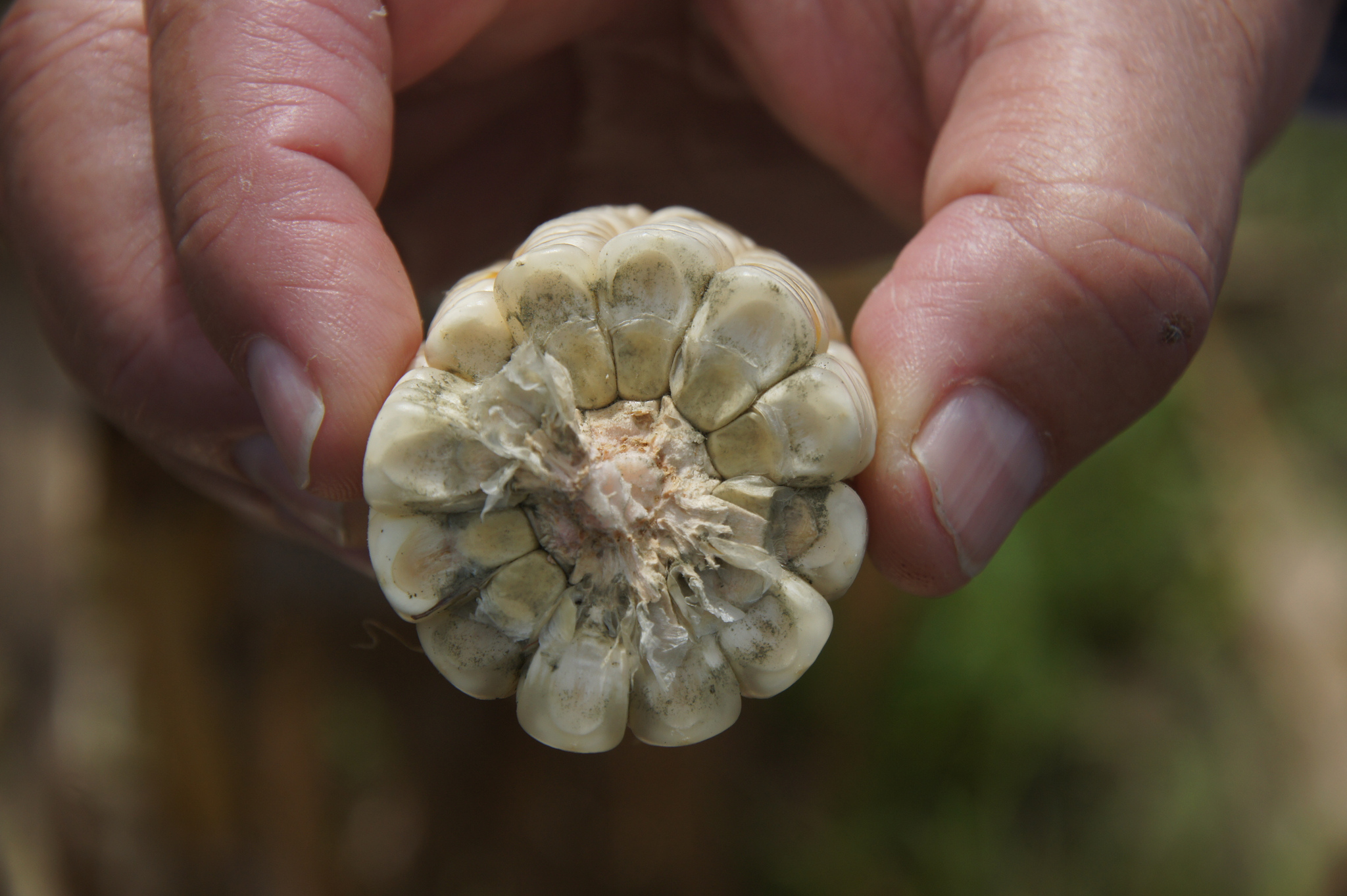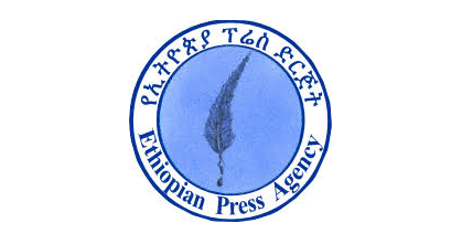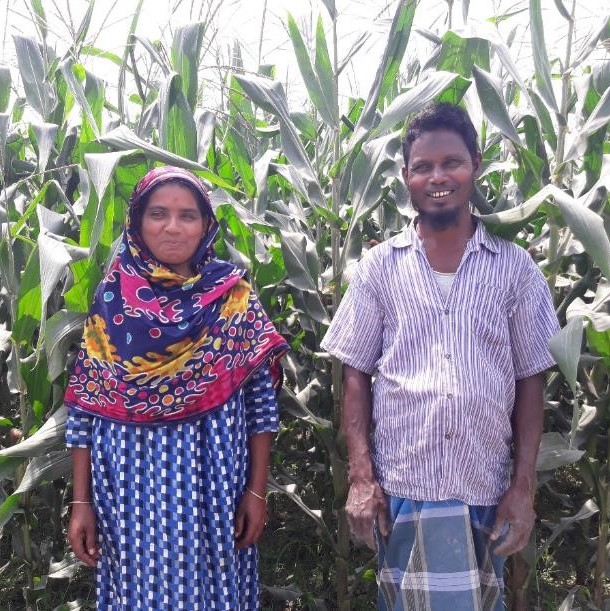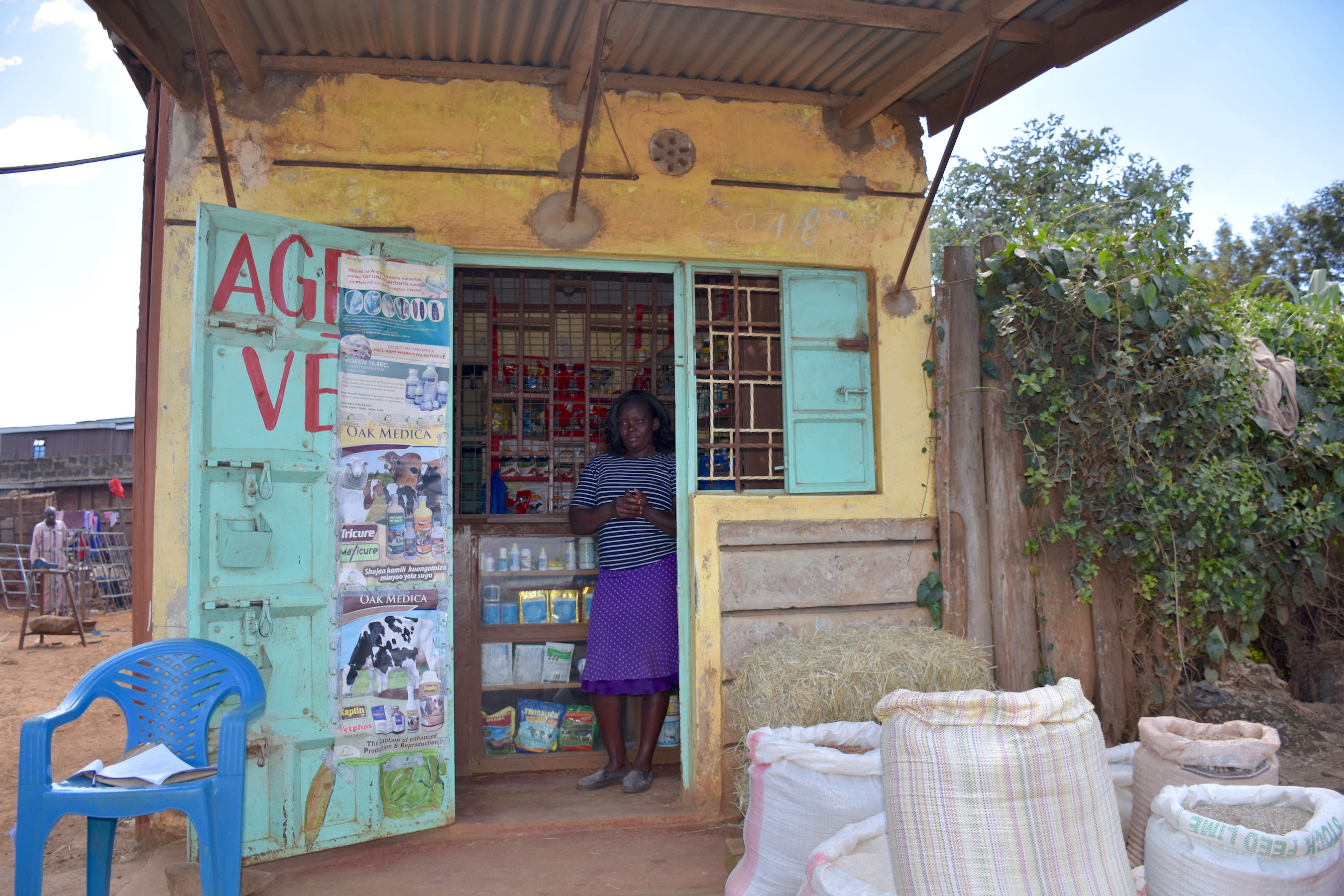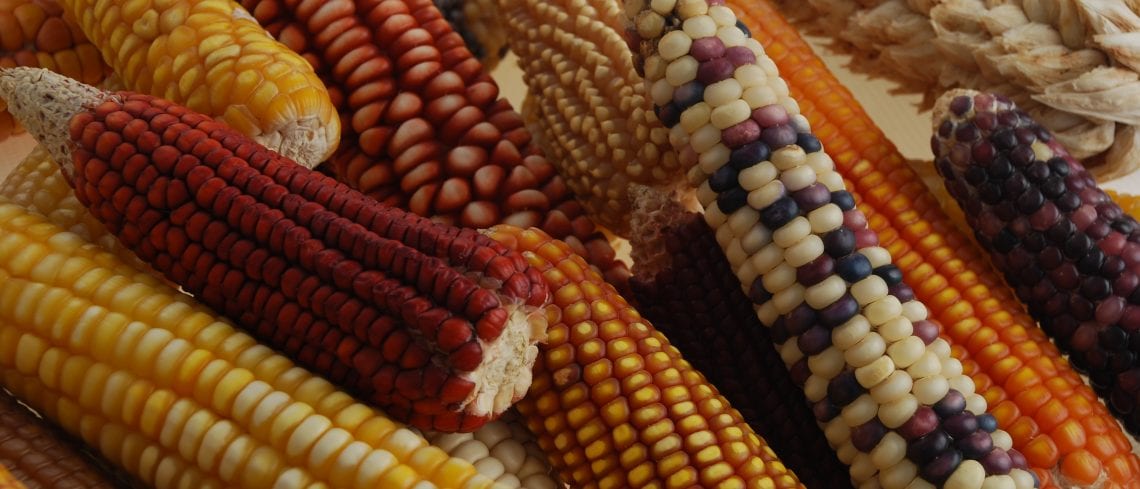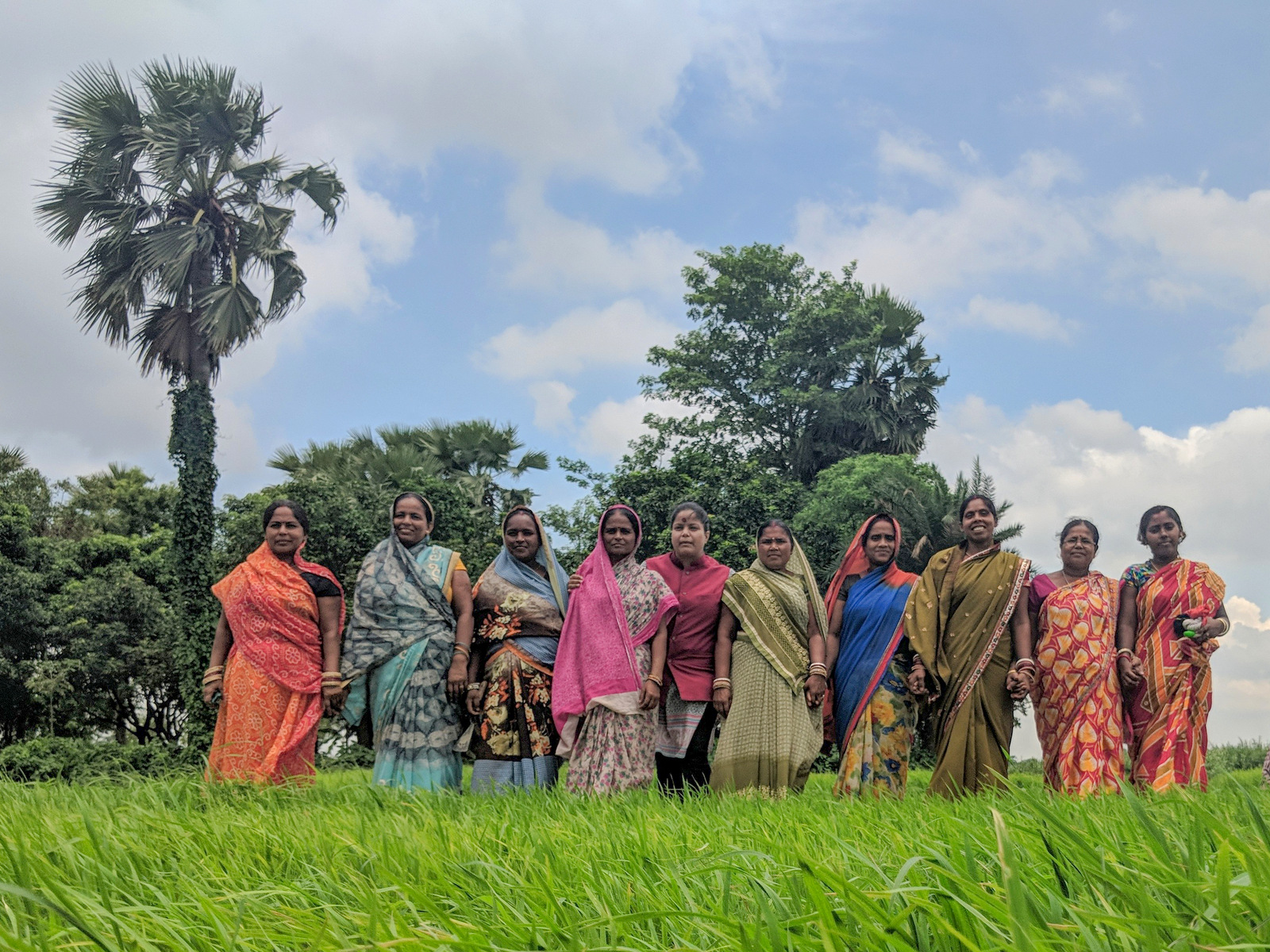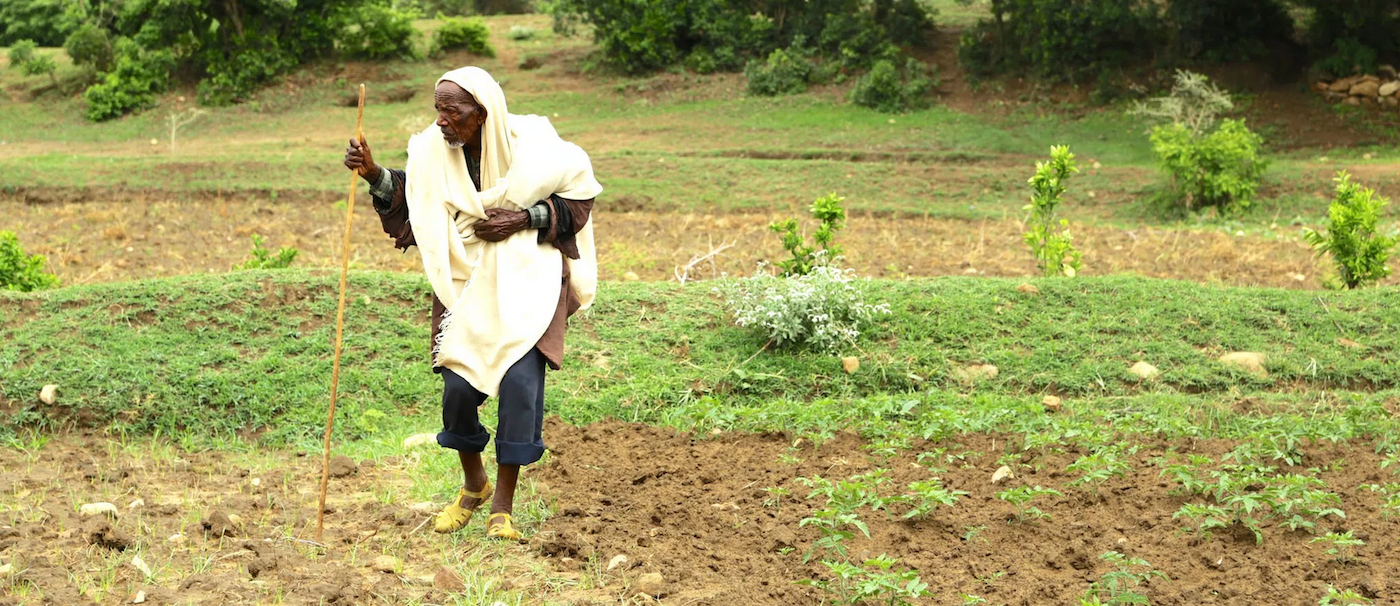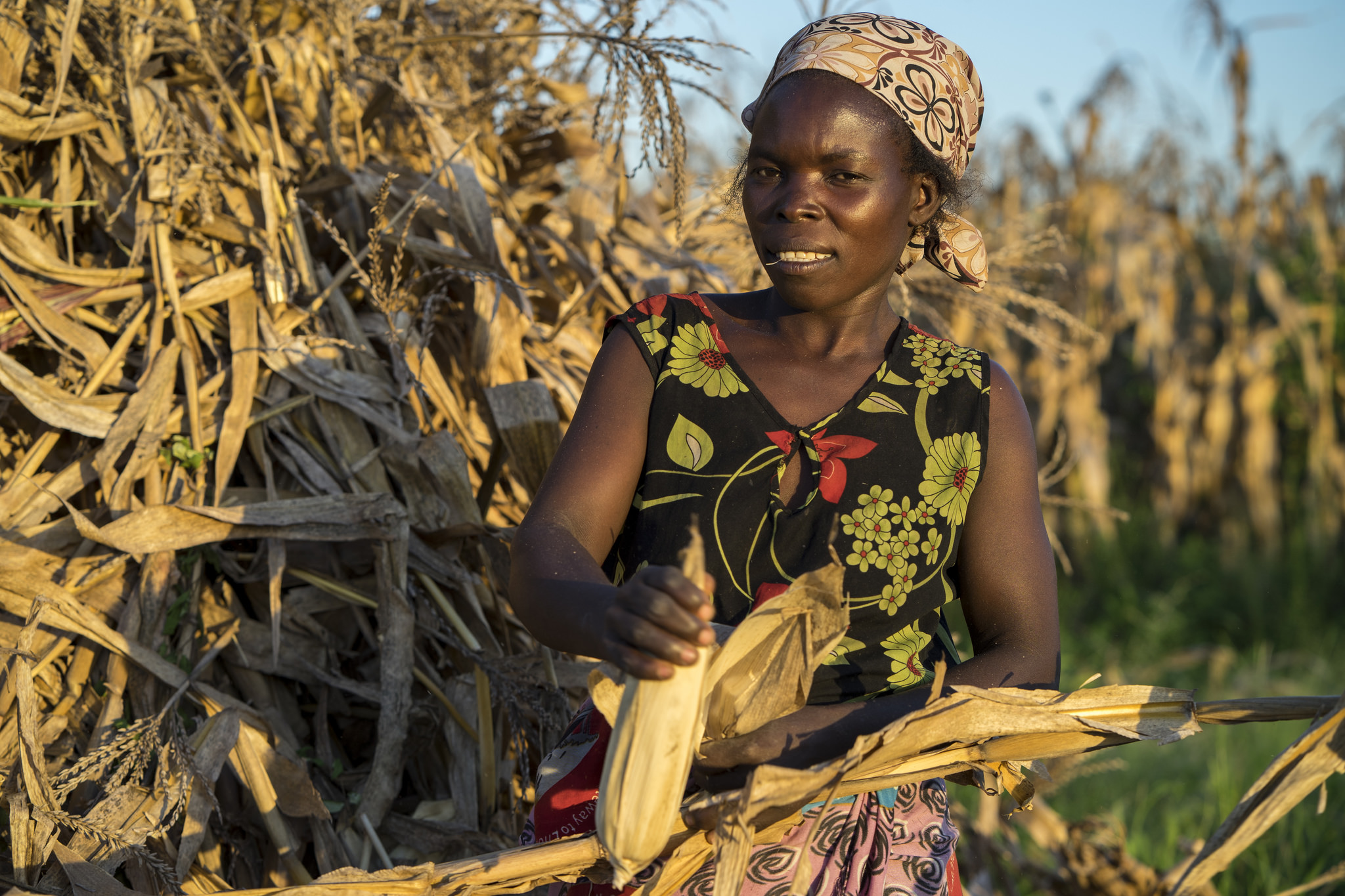Nutrition, health and food security
As staple foods, maize and wheat provide vital nutrients and health benefits, making up close to two-thirds of the world’s food energy intake, and contributing 55 to 70 percent of the total calories in the diets of people living in developing countries, according to the U.N. Food and Agriculture Organization. CIMMYT scientists tackle food insecurity through improved nutrient-rich, high-yielding varieties and sustainable agronomic practices, ensuring that those who most depend on agriculture have enough to make a living and feed their families. The U.N. projects that the global population will increase to more than 9 billion people by 2050, which means that the successes and failures of wheat and maize farmers will continue to have a crucial impact on food security. Findings by the Intergovernmental Panel on Climate Change, which show heat waves could occur more often and mean global surface temperatures could rise by up to 5 degrees Celsius throughout the century, indicate that increasing yield alone will be insufficient to meet future demand for food.
Achieving widespread food and nutritional security for the world’s poorest people is more complex than simply boosting production. Biofortification of maize and wheat helps increase the vitamins and minerals in these key crops. CIMMYT helps families grow and eat provitamin A enriched maize, zinc-enhanced maize and wheat varieties, and quality protein maize. CIMMYT also works on improving food health and safety, by reducing mycotoxin levels in the global food chain. Mycotoxins are produced by fungi that colonize in food crops, and cause health problems or even death in humans or animals. Worldwide, CIMMYT helps train food processors to reduce fungal contamination in maize, and promotes affordable technologies and training to detect mycotoxins and reduce exposure.
New publications: Biofortification of maize with provitamin A can reduce aflatoxin load
 Nutrition, health and food security
Nutrition, health and food security
This research is especially significant for countries where the health burdens of exposure to aflatoxin and prevalence of vitamin A deficiency converge with high rates of maize consumption.
Farmers should shift to drought-tolerant crops
 Climate adaptation and mitigation
Climate adaptation and mitigation
Source: Business Daily (18 Mar 2019)
For the past decade, CIMMYT has invested in breeding and strengthening the adoption of drought tolerant crop varieties across the continent.
Rust resistant wheat variety raising farmers’ productivity
 Nutrition, health and food security
Nutrition, health and food security
Source: Ethiopian Press Agency (16 Mar 2019)
Ethiopia director general Bekele Abeyo describes how rust resistant wheat has ensured food security for farmers and their families and earned better profit from the local market.
Becoming drought resilient: why African farmers must consider drought tolerant crops
 Climate adaptation and mitigation
Climate adaptation and mitigation
Source: Inter Press Service (15 Mar 2019)
For the past decade, CIMMYT has invested in breeding and strengthening the adoption of drought tolerant crop varieties across the continent.
Sustainable intensification practices build resilience in Bangladesh’s charlands
 Gender equality, youth and social inclusion
Gender equality, youth and social inclusion
By reducing drudgery, irrigation and costs, conservation agriculture enables the soil of the charlands to produce rice and maize yields consecutively.
Is a world without hunger possible, asks Germany’s minister Gerd Müller during his visit to CIMMYT
 Gender equality, youth and social inclusion
Gender equality, youth and social inclusion
Minister Müller explored the campus and heard about CIMMYT’s latest innovations in maize and wheat research.
Solving the “last mile” challenge of maize seeds
 Nutrition, health and food security
Nutrition, health and food security
Reaching even the most remote corners of Africa, agrodealers give farmers access to agricultural inputs and services.
USAID launches partnership to combat crop-threatening fall armyworm in South Sudan
 Nutrition, health and food security
Nutrition, health and food security
Source: Africa News (13 Mar 2019)
CIMMYT, USAID, FAO, CABI and AgBiTech formed a partnership in South Sudan to combat fall armyworm.
The Molecular Maize Atlas encourages genetic diversity
 Environmental health and biodiversity
Environmental health and biodiversity
With so much germplasm to categorize, what’s the best way to label them? Seeds of Discovery is working on the answer.
Support groups open women’s access to farm technologies in northeast India
 Gender equality, youth and social inclusion
Gender equality, youth and social inclusion
Self-help groups in Bihar are putting thousands of rural women in touch with agricultural innovations, benefiting households and the environment.
Digital imaging tools make maize breeding much more efficient
 Innovations
Innovations
These technologies, known as high-throughput phenotyping platforms, replace lengthy paper-based visual observations of crop trials.
Preparing for invasive pests before they arrive
 Nutrition, health and food security
Nutrition, health and food security
Source: Undark Magazine (11 Mar 2019)
CIMMYT, USAID-funded Feed the Future and Plant Protection Society Nepal held a preventative workshop in Nepal on fall armyworm.
Growing need for food is reason for more biodiversity
 Environmental health and biodiversity
Environmental health and biodiversity
A recent study in Ethiopia has concluded that encouraging biodiversity on and around agricultural land likely increases its productivity.
Scientists say lethal maize disease contained in eastern Africa
 Nutrition, health and food security
Nutrition, health and food security
Source: Xinhua (7 Mar 2019)
Boddupalli Prasanna, director of global maize program at CIMMYT, said the maize lethal necrosis disease is under control in the region but not eradicated.
How gender equity and social inclusion are improving the lives of rural families in Africa
 Gender equality, youth and social inclusion
Gender equality, youth and social inclusion
Women have the potential to be drivers of agricultural transformation.
